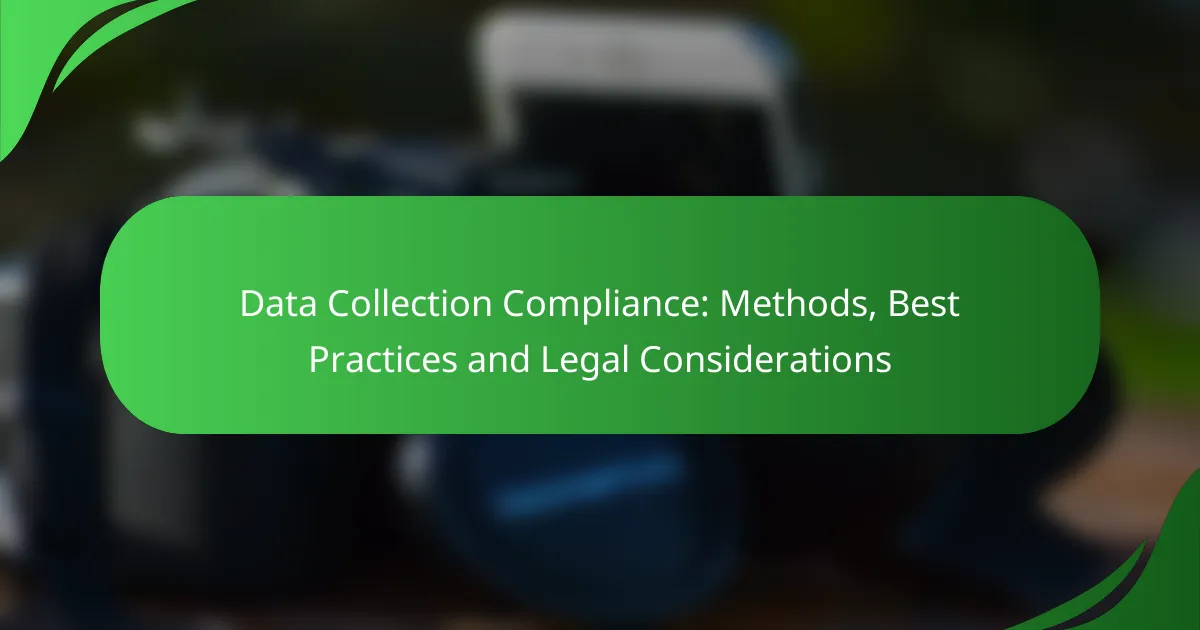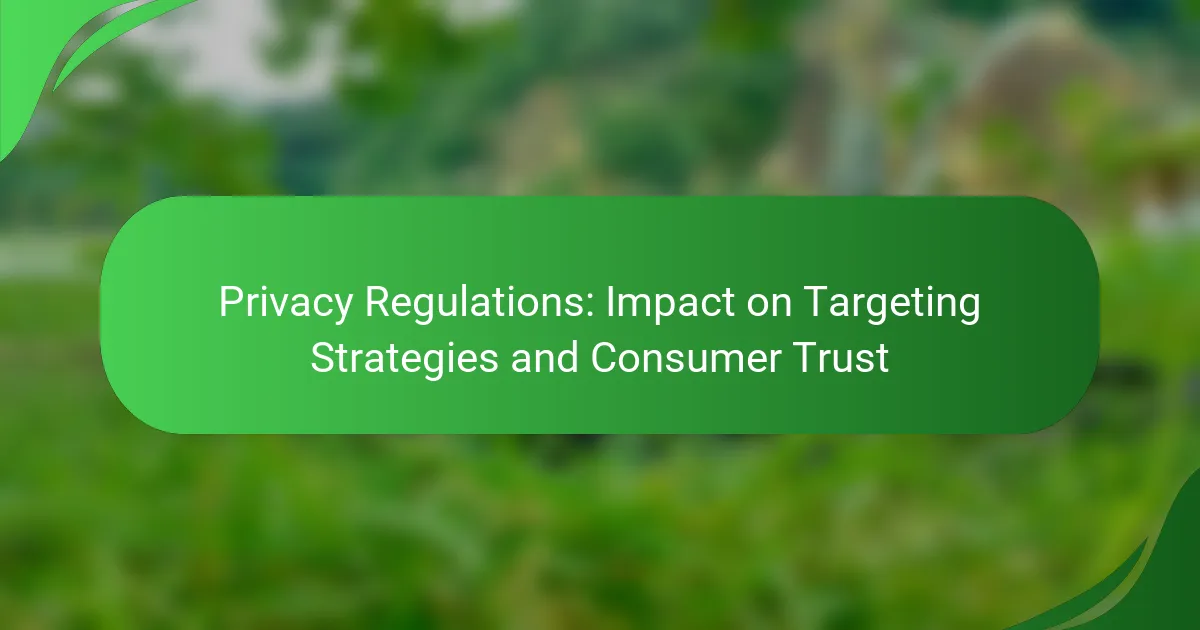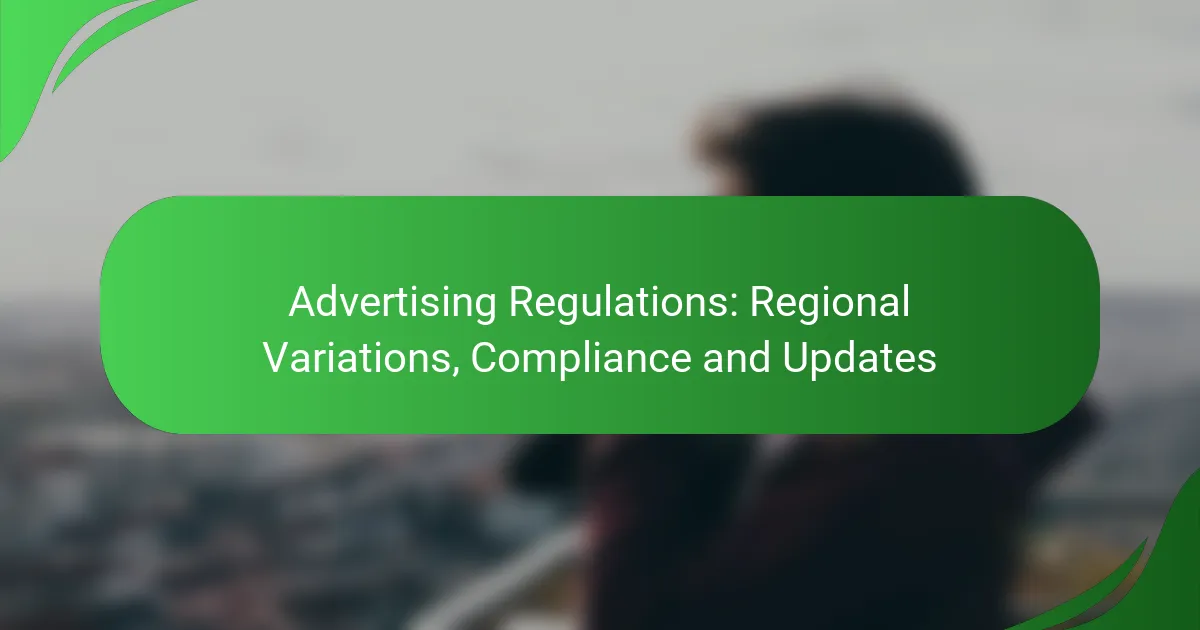Data collection compliance is essential for organizations to responsibly manage personal information while adhering to legal frameworks. In Australia, this involves methods such as obtaining consent, employing data anonymization, and conducting regular audits to align with the Australian Privacy Principles (APPs). By implementing structured approaches, including clear privacy policies and staff training, businesses can mitigate risks and ensure compliance with regulations like the Notifiable Data Breaches (NDB) scheme.
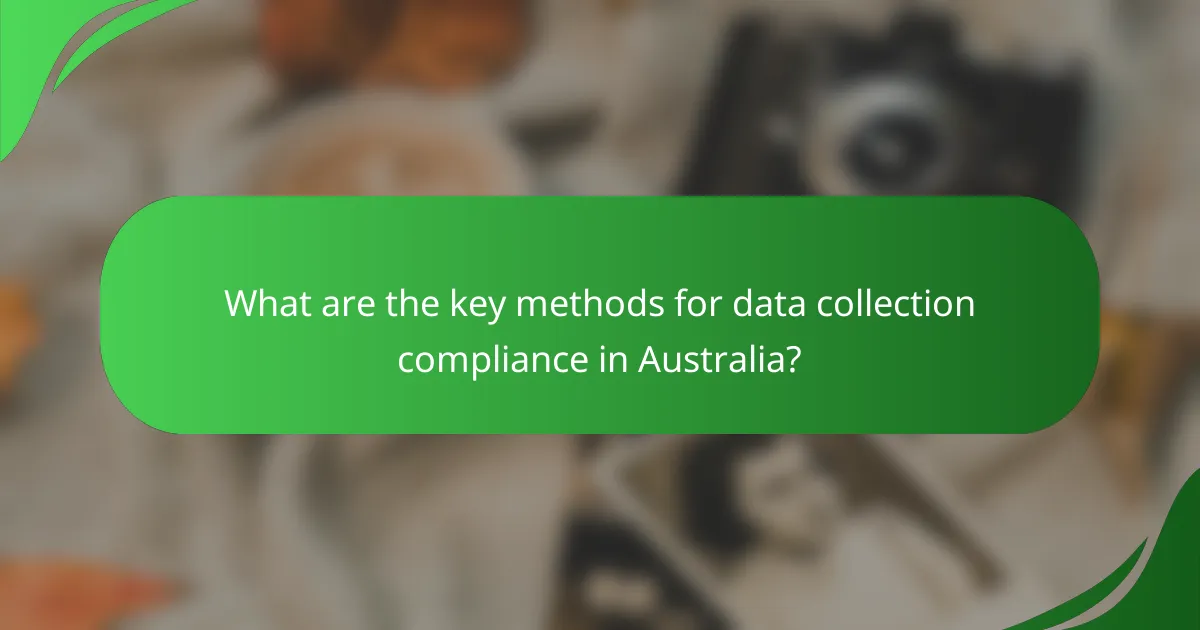
What are the key methods for data collection compliance in Australia?
Key methods for data collection compliance in Australia include obtaining consent, employing data anonymization techniques, conducting regular audits, adhering to privacy by design principles, and utilizing data protection impact assessments. These methods help organizations align with the Australian Privacy Principles (APPs) and ensure responsible handling of personal information.
Consent-based data collection
Consent-based data collection requires organizations to obtain explicit permission from individuals before collecting their personal information. This process involves clearly informing individuals about what data will be collected, how it will be used, and who it will be shared with.
To ensure compliance, organizations should provide easy-to-understand consent forms and allow individuals to withdraw their consent at any time. It’s crucial to keep records of consent to demonstrate compliance with the APPs.
Data anonymization techniques
Data anonymization techniques involve modifying personal data so that individuals cannot be identified from it. This can include removing identifiable information or aggregating data to present it in a way that protects individual privacy.
Implementing effective anonymization can help organizations use data for analysis without compromising personal information. However, it is essential to regularly review and update these techniques to address evolving privacy risks.
Regular audits and assessments
Conducting regular audits and assessments is vital for ensuring ongoing compliance with data collection regulations. These evaluations help organizations identify potential risks and areas for improvement in their data handling practices.
Audits should include reviewing data collection processes, consent mechanisms, and data security measures. Organizations should establish a schedule for these audits, typically on an annual basis, to maintain compliance and adapt to any regulatory changes.
Privacy by design principles
Privacy by design principles advocate for incorporating privacy considerations into the development of new products and services from the outset. This proactive approach ensures that privacy is a fundamental aspect of any data collection initiative.
Organizations should assess privacy risks during the design phase and implement measures to mitigate them. This could involve using encryption, limiting data access, or designing user interfaces that promote informed consent.
Use of data protection impact assessments
Data protection impact assessments (DPIAs) are tools used to evaluate the potential impact of data processing activities on individuals’ privacy. Conducting a DPIA helps organizations identify risks and implement strategies to mitigate them before data collection begins.
Organizations should perform DPIAs for any new projects that involve significant data processing. This not only aids compliance but also builds trust with customers by demonstrating a commitment to protecting their personal information.
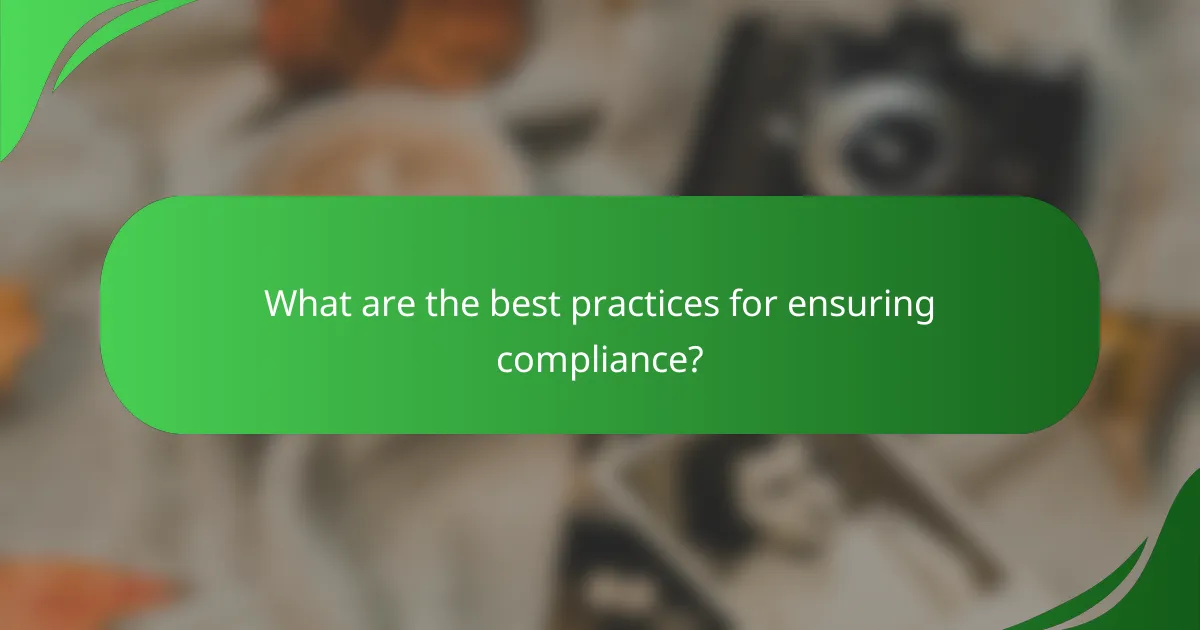
What are the best practices for ensuring compliance?
To ensure compliance in data collection, organizations should adopt a structured approach that includes clear privacy policies, staff training, and the use of compliance management software. These practices help mitigate risks and align with legal requirements.
Implementing clear privacy policies
Clear privacy policies are essential for compliance as they inform users about how their data will be collected, used, and protected. These policies should be easily accessible and written in straightforward language to ensure understanding.
When drafting privacy policies, include details on data types collected, purposes of collection, data sharing practices, and users’ rights. Regularly review and update these policies to reflect any changes in regulations or business practices.
Training staff on compliance regulations
Training staff on compliance regulations is crucial for maintaining a culture of data protection within the organization. Employees should be educated on relevant laws, such as GDPR or CCPA, and the company’s specific data handling procedures.
Consider implementing regular training sessions and assessments to reinforce compliance knowledge. This can help prevent accidental breaches and ensure that all team members understand their roles in protecting sensitive information.
Utilizing compliance management software
Compliance management software can streamline the process of adhering to data protection laws by automating tasks such as risk assessments, policy updates, and reporting. These tools can help organizations track compliance status and identify potential vulnerabilities.
When selecting compliance management software, look for features that align with your specific needs, such as data mapping, audit trails, and user access controls. Regularly evaluate the software’s effectiveness and make adjustments as necessary to stay compliant with evolving regulations.

What legal considerations must businesses in Australia address?
Businesses in Australia must navigate several legal considerations regarding data collection, primarily focusing on the Australian Privacy Principles (APPs) and the Notifiable Data Breaches (NDB) scheme. Compliance with these regulations ensures that personal information is handled responsibly and transparently, protecting both the business and its customers.
Understanding the Australian Privacy Principles
The Australian Privacy Principles (APPs) consist of 13 principles that govern the collection, use, and disclosure of personal information. Businesses must ensure they are transparent about their data practices, obtain consent for data collection, and provide individuals with access to their information. Failure to comply can result in significant penalties and damage to reputation.
Key principles include the requirement to only collect personal information that is necessary for a specific purpose and to take reasonable steps to protect that information from misuse or loss. Regular audits and staff training on privacy practices can help maintain compliance.
Compliance with the Notifiable Data Breaches scheme
The Notifiable Data Breaches (NDB) scheme mandates that businesses must notify affected individuals and the Office of the Australian Information Commissioner (OAIC) if a data breach is likely to result in serious harm. This requirement emphasizes the importance of having robust data security measures in place to prevent breaches.
To comply, businesses should implement an incident response plan that includes identifying, assessing, and managing data breaches. Training employees on recognizing potential breaches and reporting them promptly is crucial for minimizing risks and ensuring compliance.
Adhering to the GDPR for international data transfers
For businesses operating internationally, adherence to the General Data Protection Regulation (GDPR) is essential when transferring personal data from Australia to the European Union. The GDPR imposes strict rules on data protection and privacy, requiring businesses to ensure adequate safeguards are in place for data transfers.
Common methods for compliance include using Standard Contractual Clauses (SCCs) or ensuring that the receiving country has an adequate level of data protection. Businesses should regularly review their data transfer agreements and practices to align with GDPR requirements, thereby avoiding potential fines and legal issues.

How can businesses assess their compliance status?
Businesses can assess their compliance status by conducting thorough evaluations of their data collection practices against relevant regulations and standards. This process involves identifying gaps, understanding legal obligations, and implementing corrective measures to ensure adherence.
Conducting regular compliance audits
Regular compliance audits are essential for businesses to evaluate their adherence to data protection regulations. These audits should be scheduled at least annually and can involve reviewing policies, procedures, and data handling practices to identify any discrepancies or areas for improvement.
During an audit, businesses should assess their data collection methods, consent processes, and data storage practices. Utilizing checklists can help ensure that all critical areas are covered, such as GDPR requirements in the EU or CCPA regulations in California.
Engaging third-party compliance consultants
Engaging third-party compliance consultants can provide businesses with expert insights and an objective perspective on their compliance status. These professionals are often well-versed in the latest regulations and can help identify risks that internal teams may overlook.
When selecting a consultant, consider their experience with specific regulations relevant to your industry and region. A good consultant can assist in developing compliance strategies, conducting training for staff, and ensuring that your data practices align with legal requirements.
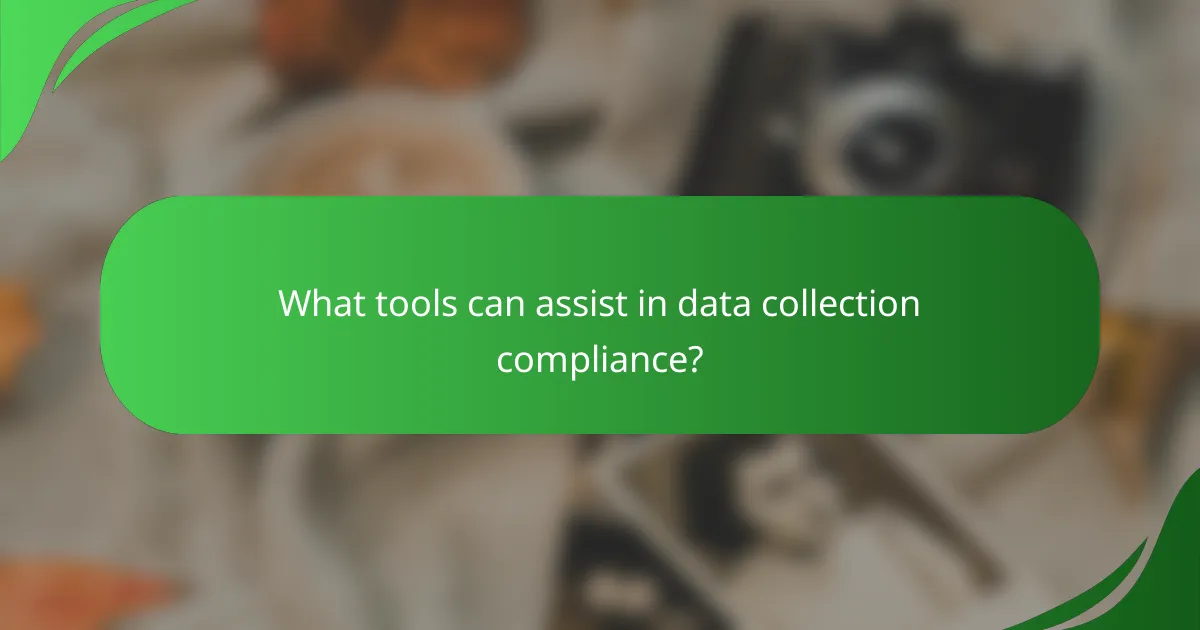
What tools can assist in data collection compliance?
Several tools are available to help organizations ensure data collection compliance, focusing on privacy management and compliance assessments. These tools streamline processes, reduce risks, and help meet legal obligations related to data protection.
OneTrust for privacy management
OneTrust is a comprehensive platform designed for privacy management, enabling businesses to comply with various data protection regulations like GDPR and CCPA. It offers features such as data mapping, consent management, and privacy impact assessments to help organizations manage their data collection practices effectively.
When using OneTrust, companies can automate compliance workflows, making it easier to track data usage and ensure that consent is obtained where necessary. This tool is particularly useful for organizations handling large volumes of personal data across multiple jurisdictions.
TrustArc for compliance assessments
TrustArc specializes in compliance assessments, providing tools that help organizations evaluate their data collection practices against regulatory requirements. It offers risk assessments, audits, and reporting capabilities to identify gaps in compliance and recommend necessary actions.
By leveraging TrustArc, businesses can conduct thorough assessments of their data handling processes, ensuring they meet legal standards and industry best practices. This proactive approach helps mitigate risks associated with non-compliance and enhances overall data governance.
